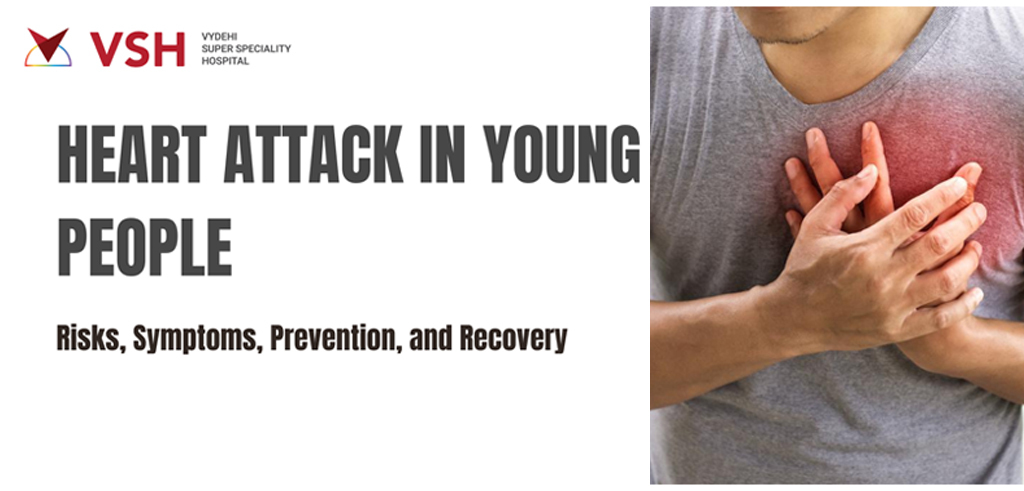
Heart attacks, also known as myocardial infarctions, are often associated with older individuals but can occur even in young people. Heart disease doesn’t discriminate by age, and understanding the risk factors, symptoms, and prevention strategies is essential for young people’s heart health.
While it may seem unlikely, heart attacks in young adults are a reality. Often caused by a combination of genetic predisposition and poor lifestyle choices, these events can be shocking and devastating. The warning signs of a heart attack in young people may not always be as apparent as they are in older individuals, which can lead to delayed diagnosis and treatment.
Several factors contribute to heart attacks in young adults, including genetics, unhealthy diets, lack of exercise, and chronic stress. Addressing these risk factors through a healthy diet, regular exercise, stress management, and avoiding smoking and excessive alcohol consumption is crucial for prevention. Hypertension, elevated cholesterol levels, and diabetes can also heighten the risk of heart attacks, emphasizing the importance of regular check-ups and early detection.
Recognizing the warning signs of a heart attack is vital for both young and older individuals. Chest pain, shortness of breath, dizziness, and nausea can all be symptoms. If you or someone you know experiences these symptoms, seeking medical attention immediately is crucial. Early diagnosis and prompt treatment can make a significant difference in recovery.
Surviving a heart attack is just the beginning of a journey towards optimal health. Cardiac rehabilitation, which includes exercise, dietary changes, and stress management, is essential for recovery. Coping strategies and mental health support play a significant role, as individuals adjust to life post-heart attack. Sharing survivor stories, building support networks, and advocating for heart health education are all steps toward creating a heart-healthy society.
In conclusion, heart attacks can affect young adults, underscoring the need for awareness and prevention. By making conscious lifestyle choices, managing risk factors, and seeking medical help promptly, the impact of heart attacks can be mitigated. As a leading advocate for heart health, Vydehi Superspeciality Hospital provides comprehensive care and education to ensure a healthier future for everyone.